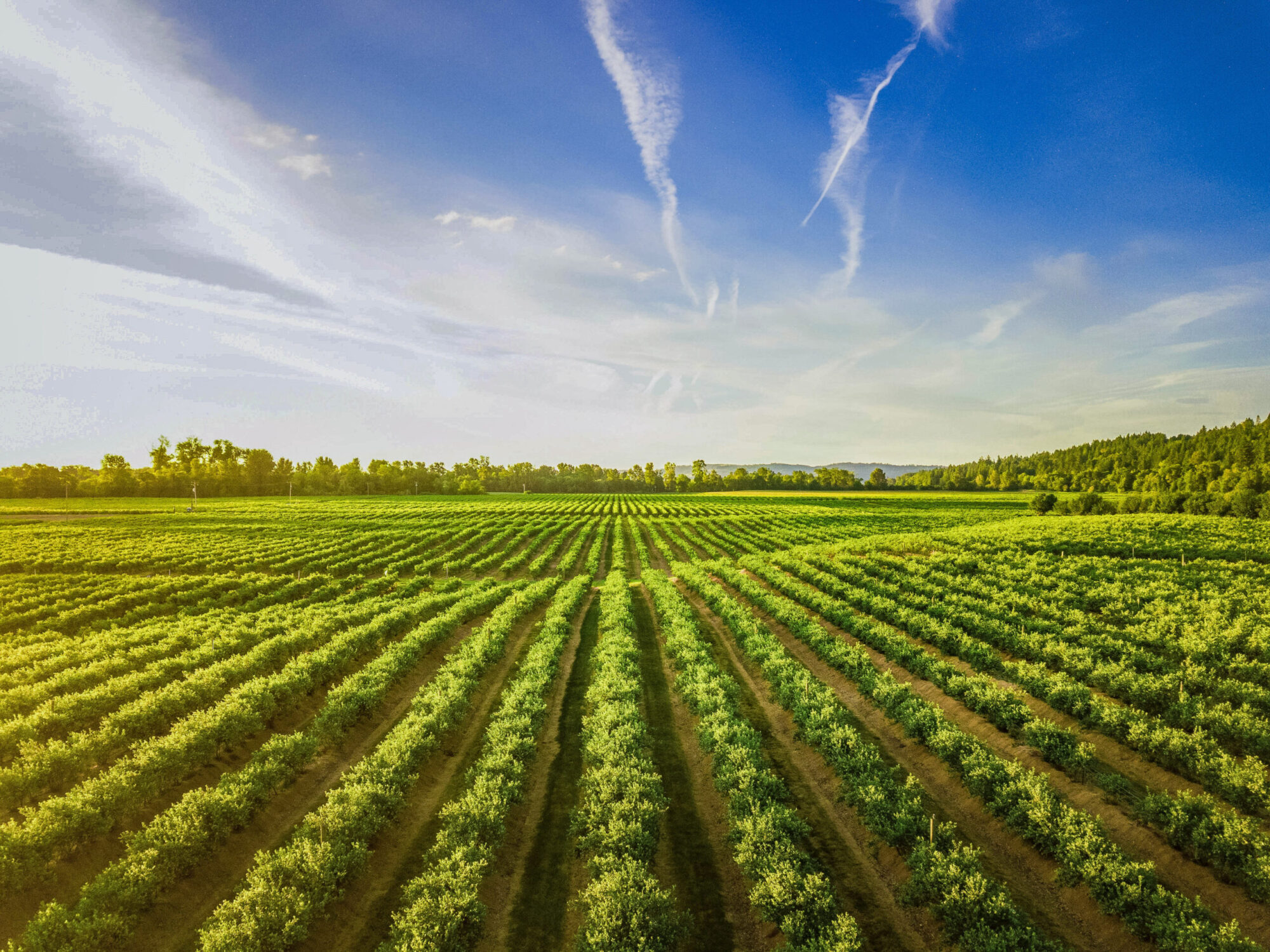With recent storms across the United States, many people have seen excess water in their farms, gardens, and lawns. While this may be helpful for some, others may feel the effects of the calcium deficiency in their plants. To help understand the severe impact flooding can have on your soil, without the availability of calcium from Kelzyme products, take a look at your yard. Rains can create standing water for days, or water runoff, leaving the roots of your plants and lawns to drown or lose out on nutrients.
Not only can flooding create standing water and high nitrogen levels, but it can also cause serious calcium deficiencies in plants and lawns. This can lead to calcium deficiency in plants and lawns, affecting their growth and overall health. If your yard cannot properly move the water throughout its’ soil, you have an evident calcium deficiency.
Calcium is an essential mineral for plant growth, as it plays a vital role in cell division, elongation, and the development of strong cell walls. It is also crucial for developing roots and absorbing other essential nutrients such as phosphorus and potassium. Without sufficient calcium, plants will struggle to absorb these other nutrients, leading to stunted growth and poor overall health.
When flooding occurs, the soil becomes saturated with water, which can lead to the leaching of calcium and other essential nutrients. Flooding can result in a significant decrease in the soil’s calcium levels, which can lead to calcium deficiency in plants.
Flooding can be detrimental to the health of your plants and lawn.
In addition to leaching, flooding can also lead to the formation of anaerobic conditions in the soil, which can inhibit the growth of beneficial microorganisms that help to maintain the soil’s nutrient levels. This can further exacerbate the problem of calcium deficiency in plants.
You can do a few things to mitigate the effects of flooding on your soil. First, you can prevent calcium deficiency in plants by ensuring your grounds have appropriate granular calcium content. The granular product will offer continued soil support by gradually breaking down over time. Another option is improving drainage around your yard, reducing the risk of flooding. This includes installing drainage systems, elevating planting beds or using raised beds, and choosing plants more tolerant of flooded conditions.
In addition, incorporating calcium-rich amendments such as Kelzyme into the soil can help. Kelzyme will help replenish the soil’s calcium levels and promote healthy plant growth.
Overall, flooding can significantly impact the soil and the plants that grow in it. It is vital to take steps to mitigate these effects to promote healthy plant growth and prevent calcium deficiency.
